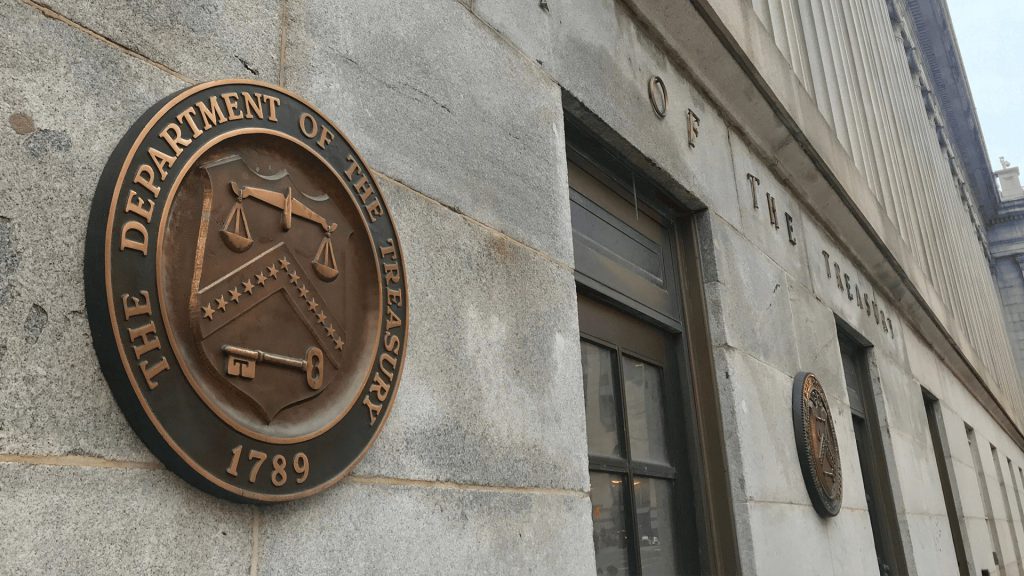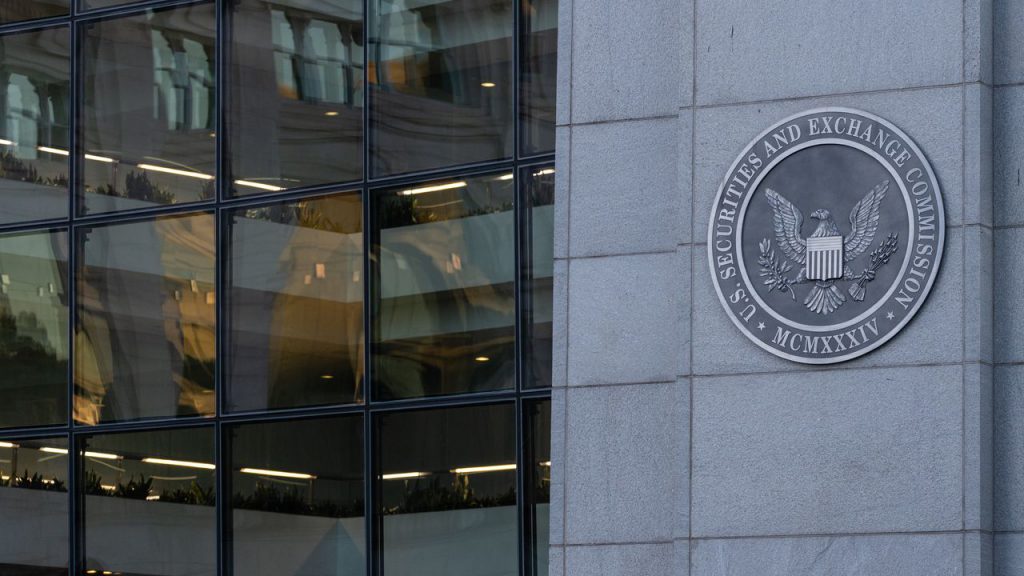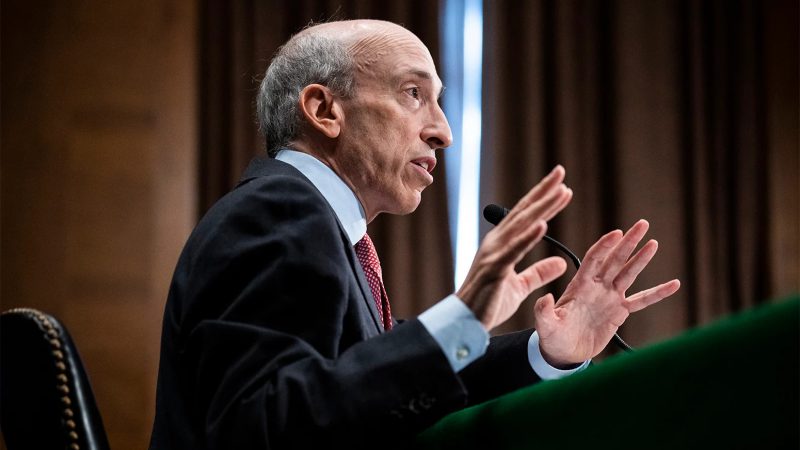Somehow, the US Securities and Exchange Commission (SEC) has brought the outcome of a court case in 1946 to the forefront of the regulatory discourse of the digital asset industry. Which leads us to discuss the Howey Test. How has the SEC made it relevant to the Ripple case and all of crypto?
Specifically, the SEC has brought this court decision as its ‘landmark’ for the issue of crypto security distinction. Now, as the Ripple case is in its final stretch, understanding the Howey Test becomes vitally important to the industry beyond just this ongoing battle.
What is the Howey Test?


The Howey Test is a go-to court decision for the SEC and has been been tied to Ripple and the crypto industry through the regulator. Specifically, it is a court decision that has become a testing mark for what is an asset and what is an investment contract.
The main point of the Howey Test is to note that an asset becomes an investment contract when it is sold alongside the expectation of profit through either the selling body or a third party. So, although the 70-year-old lawsuit has nothing to do with digital assets, it has everything to do with defining securities.
But, despite its key differences, it remains a tool utilized by SEC chair, Gary Gensler. Moreover, it is the court ruling that led to his statement that all crypto falls under SEC jurisdiction. Yet, no matter how different the ideas are and how unfair the connection seems — the SEC has made Howey the rules for engagement.
Crypto and the Howey Test


The greatest issue with the Howey Test is that most tokens can be obscured as securities under its prism. Conversely, the greatest argument is utility tokens used in building a certain ecosystem. Still, it is clear the SEC doesn’t believe that the utility token label is enough to counter a security definition.
Alternatively, the greatest dividing point for the industry and regulation arrives in this ideal. Specifically, as the industry pines for clear regulation, the SEC perceives the Howey Test as enough. Moreover, Decrypt reported Gensler even stated that no new regulatory rules are coming. Why? Because: “the regulations actually already exist.”


Ultimately, the problem with Howey is not in its age but in how it’s weaponized. Coinbase Chief Legal Officer Paul Grewal stated that Howey shouldn’t be discredited due to its age. Specifically stating he “has no problem with Howey or any other precedent simply because of its age.”
However, the issue lies in how the precedent is being used related to crypto. Grewal stated that, regarding blockchain technology, there is, “a confusion about fundamentally how these assets work, and what really utility they bring to networks.” Still, the answer doesn’t seem to lie in renewed regulation but in the continued understanding of how to pass the Howey Test.
Until we know otherwise, Gensler is setting these as the rules. Now, through the brilliance of those within the industry, they must either continue to combat these distinctions or evolve around them.





